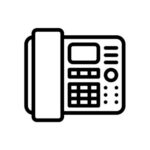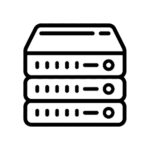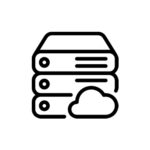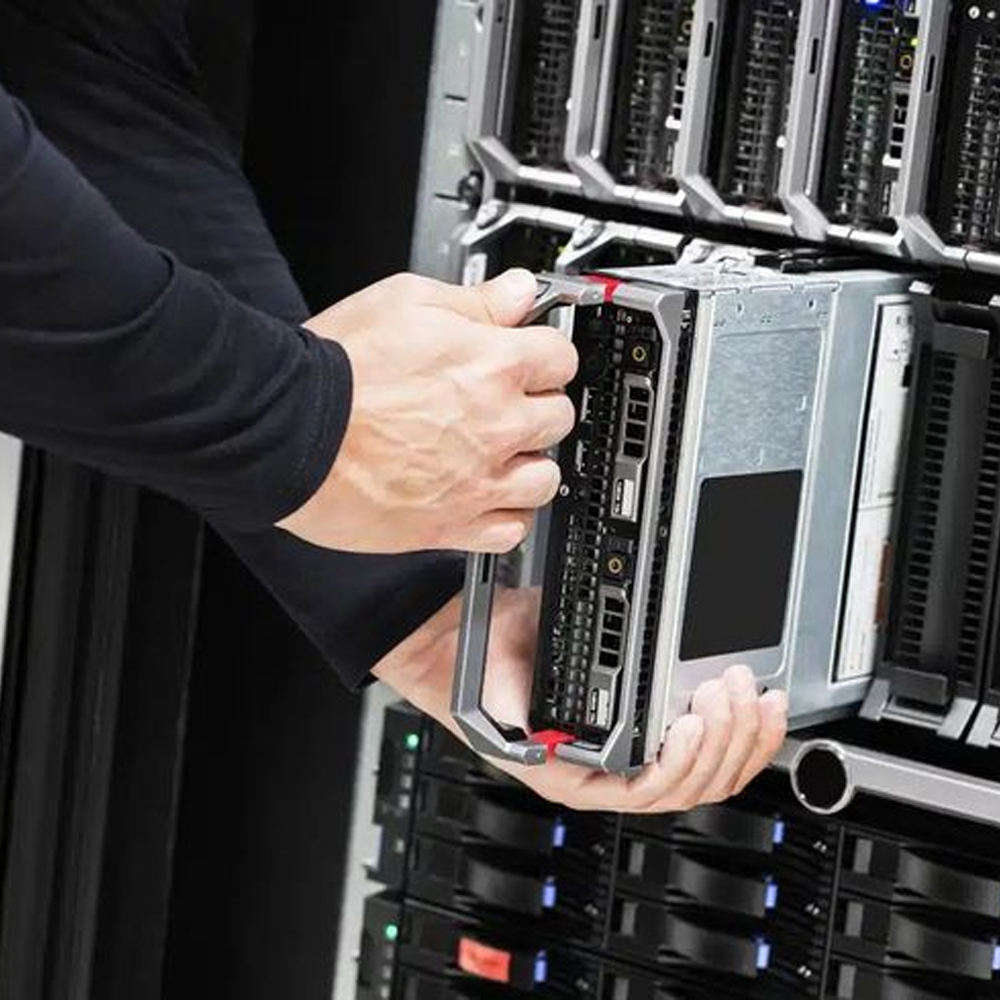All About Storage Devices: How They Help Us in the Digital World
In the digital age, storage devices are a crucial part of our everyday lives. Whether you’re saving important documents, storing photos and videos, or backing up your work, storage devices help us securely store and access data. From personal use to business operations, they are an integral part of managing and preserving digital information.
What Are Storage Devices?
A storage device is any hardware that is used to store, retrieve, and manage data. These devices come in various forms, capacities, and technologies, serving different purposes based on the user’s needs. There are two main types of storage: primary storage (like RAM) that is temporary, and secondary storage (like hard drives and SSDs) that is used for long-term data retention.
Types of Storage Devices
- Hard Disk Drives (HDDs)
HDDs are one of the oldest and most common forms of data storage. They store data on spinning magnetic disks called platters, and a moving read/write head accesses the data. While HDDs offer large storage capacities at lower prices, they are slower and more prone to mechanical failure than newer options like SSDs. - Solid-State Drives (SSDs)
SSDs use flash memory to store data, making them much faster and more durable than HDDs. Because SSDs have no moving parts, they offer quicker boot times, faster file transfers, and greater reliability. SSDs have become the preferred choice for many due to their speed, although they tend to be more expensive than HDDs for the same storage capacity. - USB Flash Drives
Also known as thumb drives or memory sticks, USB flash drives are portable storage devices that connect to a computer via a USB port. They are useful for transferring small amounts of data between devices and are highly portable, but they typically offer less storage capacity compared to HDDs and SSDs. - Optical Discs (CDs, DVDs, Blu-rays)
Optical storage devices like CDs, DVDs, and Blu-rays use laser technology to read and write data. While they were once popular for storing media files like music and movies, they have largely been replaced by cloud storage and USB drives due to their limited capacity and slower read/write speeds. - Network-Attached Storage (NAS)
NAS devices are storage solutions connected to a network, allowing multiple users to store and retrieve data over a shared network. They are commonly used in homes and businesses for centralized storage, backups, and file sharing. NAS systems are especially useful for organizations that need access to large amounts of data across multiple devices. - Cloud Storage
Cloud storage is a service that allows users to store their data on remote servers, accessible via the internet. Examples include Google Drive, Dropbox, and Microsoft OneDrive. Cloud storage offers the convenience of accessing data from anywhere and automatically backing up files. It also reduces the need for physical storage hardware, although it requires an internet connection and may raise concerns about data security.
How Storage Devices Help Us
- Data Backup and Recovery
One of the most important functions of storage devices is data backup. In case of accidental deletion, hardware failure, or other unexpected events, a backup ensures that important files are not lost. Whether it’s an external hard drive, a NAS device, or cloud storage, having a reliable backup system is essential for both personal and professional use. - Efficient Data Organization
Storage devices allow users to organize and manage data efficiently. Whether for work, school, or entertainment, being able to store large amounts of data and access it when needed helps improve productivity. For businesses, data organization is key to smooth operations and decision-making. - Portability and Data Sharing
Portable storage devices like USB flash drives and external SSDs allow users to carry large amounts of data wherever they go. This is useful for sharing files between devices or with colleagues, especially in situations where internet access may not be available. - Improved Device Performance
Devices like SSDs can significantly enhance the performance of computers and other electronic devices. Faster read/write speeds reduce the time it takes to boot systems, launch applications, and access files, making the overall user experience smoother and more efficient. - Scalability for Businesses
For businesses, storage devices offer scalable solutions to accommodate growing data needs. Cloud storage, NAS systems, and enterprise-level SSDs provide the flexibility to expand storage capacity as the business grows, ensuring that data storage needs can be met without major disruptions.
Conclusion
Storage devices are indispensable tools in the digital world, helping us store, access, and manage data efficiently and securely. From personal storage solutions like USB drives to enterprise-level systems like NAS and cloud storage, there are options available for every type of user. As technology continues to evolve, storage devices will keep playing a critical role in both our personal lives and business operations, ensuring that we can safely store and retrieve the vast amounts of data generated every day.








